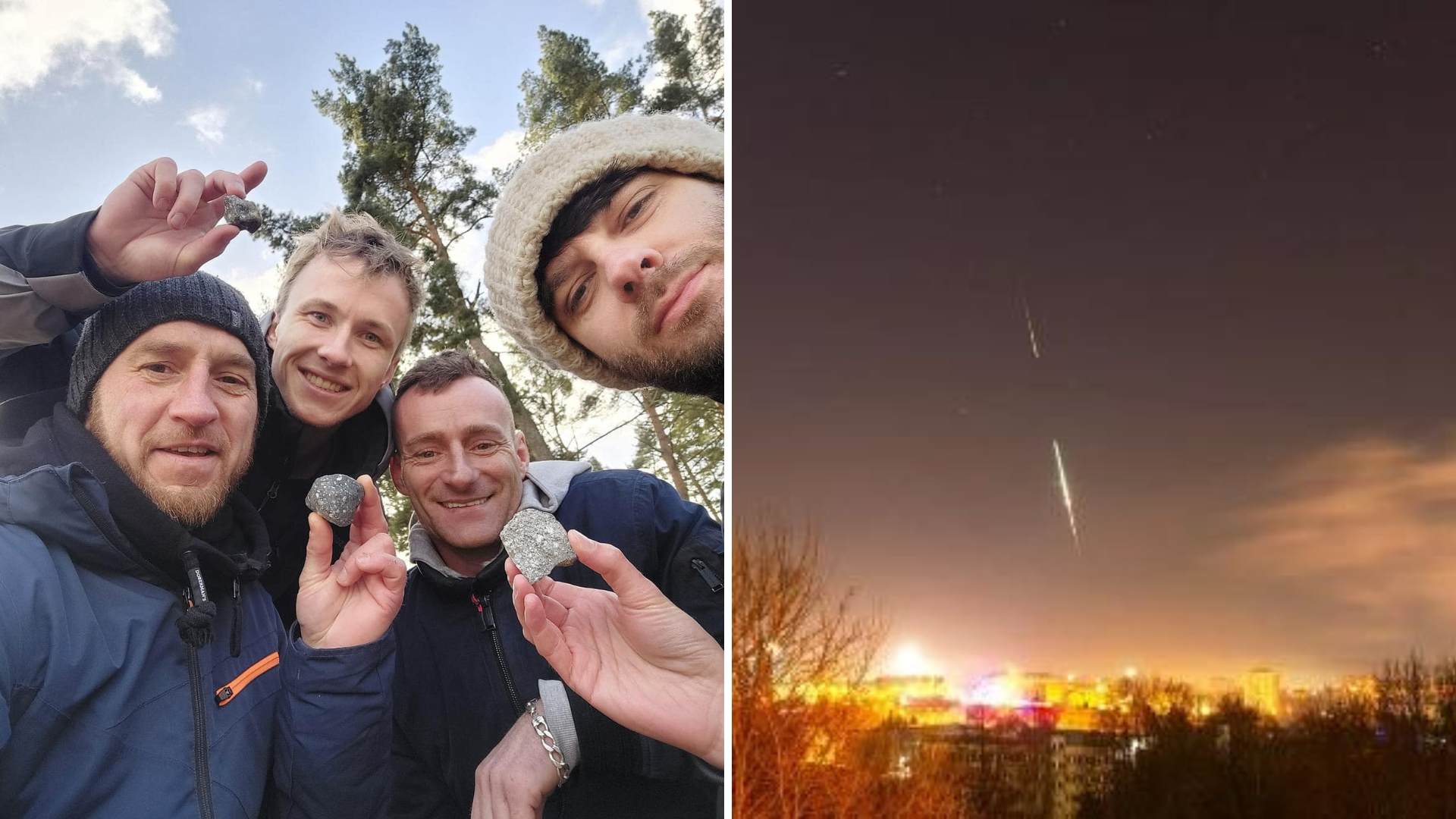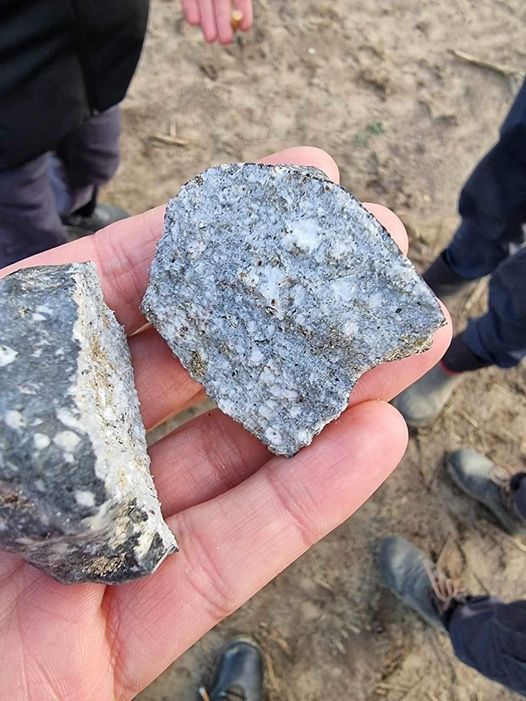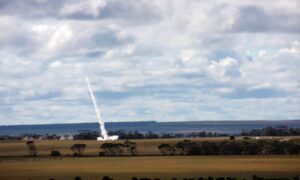Update: Fragments of Asteroid 2024BX1 That Exploded Over Germany Found
23rd Jan 2024
In the early hours of Sunday, 21st January, residents of eastern Germany witnessed a small asteroid enter Earth’s atmosphere and light up the sky in a dazzling display. The incident, captured on videos that quickly went viral on social media, unfolded just hours after Hungarian astronomer Krisztián Sárneczky first spotted the approaching asteroid.
Update: Likely the first pieces of asteroid 2024BX1 found
The first meteorites from the asteroid 2024 BX1 that entered the atmosphere on 20 January were found. Four Polish meteorite hunters, Michał Nebelski, Kryspin Kmieciak and Kazimierz Magneto, reported to have found fragments of the asteroid.


Small Asteroid Explodes Above Eastern Germany
The International Astronomical Union reported that the 2024 BX1 asteroid, initially designated as Sar2736, touched down near Nennhausen, outside Berlin, at approximately 1:30 am local time. Sárneczky, renowned for his role as an “asteroid hunter,” had detected the celestial object several hours before its impact from an observatory in Hungary.
This marks the third time Sárneczky has discovered an asteroid on a collision course with Earth. His previous finds include two asteroids that fell over France in 2023 and the Arctic Ocean in 2022, showcasing his expertise in identifying potentially hazardous space objects.
NASA, utilizing its near-earth object observation program, confirmed the impending impact at least 20 minutes before the asteroid’s arrival. The space agency took to social media on Saturday evening, alerting the public to the forthcoming spectacle.
The size of the asteroid
Denis Vida, a PhD associate specializing in meteor physics at Western University in Canada and the mind behind the Global Meteor Project, provided details on the asteroid’s characteristics. Measuring approximately 1 meter in length, the space rock disintegrated upon entering Earth’s atmosphere, creating a stunning “fireball” effect, commonly referred to as a shooting star.
The Global Meteor Project, funded by a grant through NASA, played a crucial role in collecting data on the asteroid from observatories across Europe, including Spain, Croatia, Romania, Hungary, and Germany.
The incident is notable as it marks the eighth time an asteroid has been identified before impacting Earth. The International Astronomical Union’s minor planet centre officially named the asteroid 2024 BX1, discarding its temporary designation of Sar2736.
While the event caused a stir among astronomers and skygazers, there were no reports of damage or injuries. The disintegration of the asteroid served as a reminder of the ongoing efforts to monitor near-earth objects and assess potential threats from space.






Thank you for your comment! It will be visible on the site after moderation.